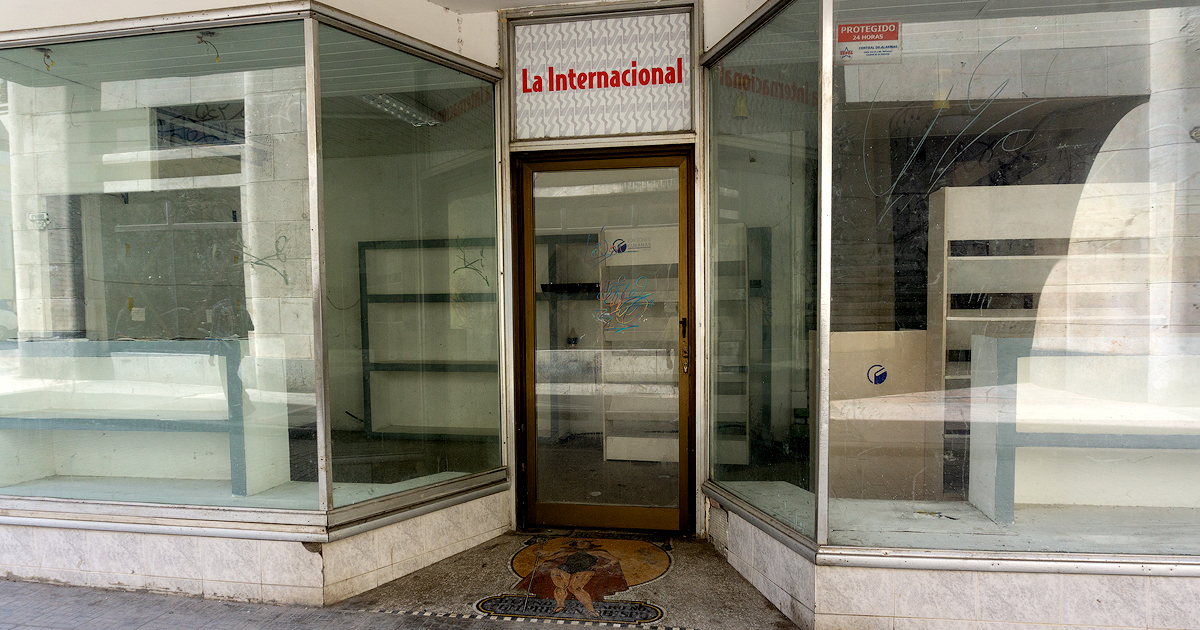The set of measures aimed at easing sanctions on Cuba and benefiting the island's entrepreneurs, announced this Tuesday by the U.S. Government, excludes a number of political actors and officials from the Cuban regime. The Biden administration declared that the main objective of these actions is to "increase support for the Cuban people," "promote" internet freedom in Cuba, and support independent private entrepreneurs, in addition to expanding access to certain financial services for Cubans.
In the announcement of these new measures, the Office of Foreign Assets Control (OFAC) of the U.S. Department of the Treasury decided to exclude certain "prohibited" Cuban officials and members of the Communist Party of Cuba (PCC) from the benefits that these new regulations could provide. This measure seeks to ensure that these individuals do not benefit from U.S. actions aimed at favoring independent private sector entrepreneurs.
Definition of "Prohibited" Officials
The term "prohibited" used in U.S. regulation does not encompass all individuals linked in any way to the Cuban government, the PCC, or organizations it controls. Section 515.337 of the Cuban Assets Control Regulations, one of the regulatory frameworks supporting U.S. sanctions, considers "prohibited officials of the Cuban Government" to be a fairly extensive but closed list of people. According to elTOQUE, this list includes:
- Ministers and deputy ministers.
- Members of the Council of State and the Council of Ministers.
- Members and employees of the National Assembly of People's Power.
- Members of any Provincial Assembly.
- Local sector heads of the CDR.
- General directors, deputy directors general, and higher-ups of Cuban ministries and state agencies.
- Employees of the Ministry of the Interior (MININT).
- Employees of the Ministry of the Armed Forces (MINFAR).
- Secretaries and first secretaries of the CTC and its component unions.
- Chief editors, editors, and sub-editors of Cuban state media organizations.
- Members and employees of the Supreme Popular Court.
Regarding Communist Party members, the list is even more restricted. According to Section 515.338 of the Cuban Assets Control Regulations, only members of the PCC Central Committee's Political Bureau can be considered "prohibited" PCC members. This list includes 14 individuals, such as the PCC's first secretary Miguel Díaz-Canel, Esteban Lazo Hernández, Roberto Morales Ojeda, Álvaro López Miera (Minister of the Revolutionary Armed Forces), and Lázaro Alberto Rodríguez Casas (Minister of the Interior).
Challenges in Implementation
The goal of preventing Cuban government and Communist Party officials from benefiting from the Biden administration's new measures will be limited not only by legal obstacles but also by practical difficulties. The main challenge lies in the material impediments many service providers will face in factually determining which "entrepreneurs" or beneficiaries (including micro, small, and medium-sized enterprises and cooperatives) are not part of the list of prohibited officials or do not represent their interests as "front men."
OFAC has understood this dynamic and has established that it expects U.S. service providers to reasonably rely on the information provided by their clients in the ordinary course of business. This means that unless they know or have reason to know that a transaction or person is unauthorized, providers are not required to take specific actions to verify whether the beneficiary of their service is a "prohibited official of the Cuban Government."
The responsibility thus falls on Cuban actors, who are obligated to declare that the proposed transaction is authorized under embargo regulations. While the Biden administration announced these measures as aimed at supporting the Cuban people and private entrepreneurs, the safeguards to prevent benefits from reaching high-ranking government and Communist Party officials raise doubts among critics of a policy they consider flawed and likely to reinforce the totalitarian regime in power.
The implementation of these regulations will face significant challenges, both legal and practical, in effectively identifying and excluding "prohibited" individuals. Trust in the good faith of the involved parties and potential third-party reports will be key to the success of this policy.
Key Questions on U.S. Measures and Cuban Entrepreneurs
To provide a clearer understanding of the new U.S. measures aimed at supporting independent entrepreneurs in Cuba, we have compiled some essential questions and answers.
Who are considered "prohibited officials" under U.S. regulations?
"Prohibited officials" include ministers, deputy ministers, members of the Council of State and Council of Ministers, employees of the National Assembly, and several other key positions within the Cuban government and Communist Party.
What is the main goal of the Biden administration's new measures?
The main goal is to increase support for the Cuban people, promote internet freedom, and support independent private entrepreneurs while expanding access to certain financial services.
What challenges might service providers face in implementing these measures?
Service providers might face difficulties in accurately determining which entrepreneurs or beneficiaries are not part of the list of prohibited officials or do not represent their interests.
